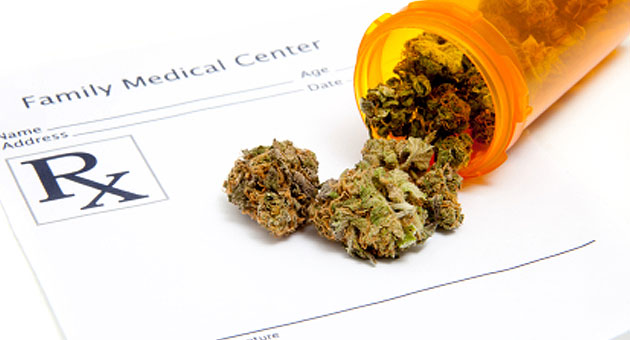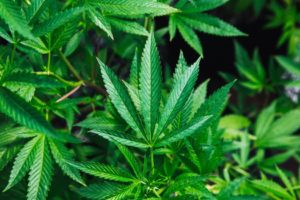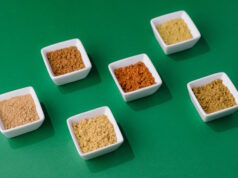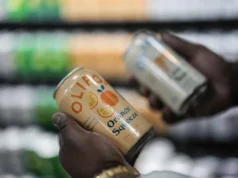
Florida’s $250 million medical marijuana market is poised to swing its doors open to new companies next year after two judicial rulings in recent months that could reshape the competitive landscape.
More competitors would be a change for the Sunshine State’s large MMJ market, which currently is dominated by about a half-dozen vertically integrated operators.
Despite any ongoing efforts by the Florida Legislature to thwart the will of the people, Florida likely has the fastest- growing medical marijuana program in the nation.
More than 213,000 people are enrolled, with 10,000-plus signing up every month.
New York, by comparison, implemented its medical marijuana program 18 months before the Sunshine State and has fewer than half the patients – even though the number of prescribing doctors is similar.
Arizona, which is probably second to Florida (no one group keeps comparable numbers), had almost triple the number of users at the beginning of 2018. By the end of March, the last numbers available, Florida had 8,000 more.
David Kotler, a South Florida attorney who founded the Medical Marijuana Business Lawyers, LLC, says doctors here have been more eager to participate in the program than those in the Northeast states. “Physicians in Florida were willing to see patients for eligible conditions,” he says. “In other states, it was slower to roll out.”

Robert Platshorn, age 76, has played a huge role in educating seniors about the benefits of marijuana on his Silver Tour, during which he has traveled the state and country by bus since 2011. “So many seniors have been able to use cannabis to get off opiates. The doctors in this state were handing [opiates] out like candy for so many years,” he says.
In one of the greatest “Florida man” stories ever told, Platshorn became a cannabis activist after spending 30 years in prison for smuggling marijuana into Florida from Colombia during the 1970’s.
Many seniors were drawn to weed after they were forced off pharmaceuticals by a state law that went into effect last July that issued stronger guidelines for doctors prescribing opioids and other controlled substances. click to read more
“Since the new opioids laws were passed in July, a lot of these patients who have been on opioids for a long time are now restricted [from] getting them,” says Dr. Derek Murphy, who has been issuing recommendations for marijuana in Florida since September. “Primary care doctors are now afraid to write them prescriptions.”
And though no connection was made to the flourishing cannabis industry in Florida, Palm Beach County earlier this year reported a 41 percent decline in opioid deaths in 2018 compared to the previous year. Also in 2018, more than 100,000 patients were added to the medical marijuana registry, according to the state Office for Medical Marijuana Use, which posts weekly updates.
But Florida Republicans last month rejected an amendment that would have allowed doctors to recommend cannabis to treat opioid addiction.
Yet another reason why Florida has a fast-growing cannabis industry is the state’s long, rich history with marijuana. In the 1970s, bales of marijuana sometimes fell from the sky, and even these days, bales sometimes wash ashore.
Still, companies already are preparing: Trulieve, which has 22 dispensaries statewide, announced in September it had partnered with chocolate edibles maker Bhang.












